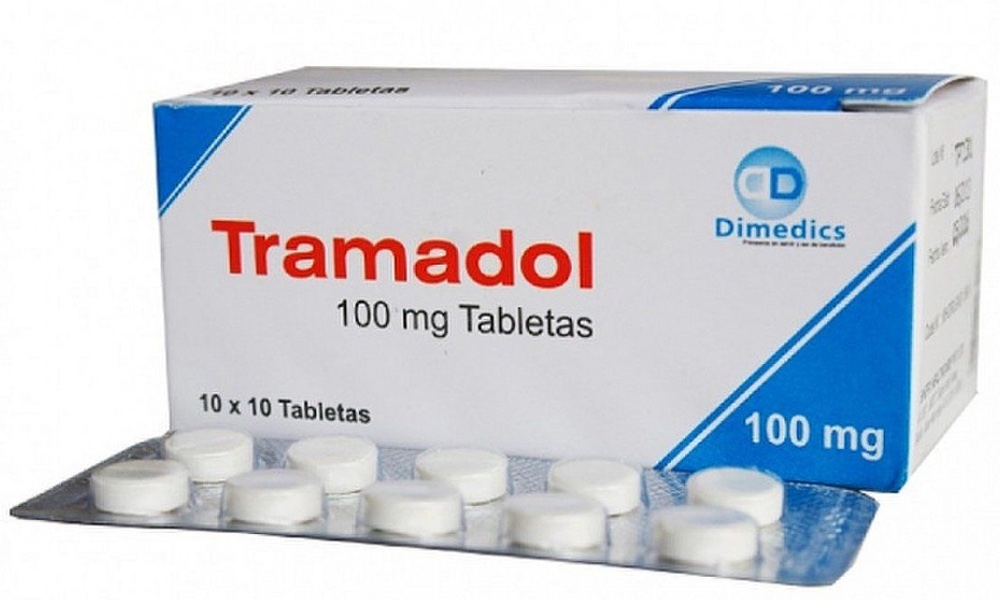People are using crowd-sourced review sites such as Yelp to help them choose a healthcare provider more than ever.
In a 2019 poll, 70 percent of people said positive reviews were important in helping them find a doctor. Online reviews are particularly important when choosing a provider who does cosmetic, or elective, procedures, such as a plastic surgeon. According to a 2015 study, about 95 percent of people consult the internet before their first consultation.
Prospective plastic surgery patients should be ready to look below the surface of a doctor’s ratings. Factors such as patient gender or race, which can lead to bias, may influence online reviews. Some reviews may be based simply on how a patient rated the surgery results, and don’t mention the physician’s knowledge or the efficiency and attitude of the staff. In other words, when looking for a plastic surgeon, people should consider reviews of surgeons and their practices carefully.
More than 5,200 reviews of plastic surgery practices in 49 U.S. cities on Yelp were analyzed as part of a University of Virginia study. Researchers identified surgeon- and practice-related factors leading to positive or negative reviews. Of the reviews included in the analysis, 80 percent gave the doctor and practice five stars for the most patient satisfaction, and 13.5 percent gave them one star, for the least satisfaction. About six percent of reviews had two- to four-stars.Friendly office staff, ease of parking and short wait times were mentioned in positive reviews.
The provider-related factors mentioned in positive reviews were outcomes that looked natural, physicians’ calm and confident bedside manner, their level of knowledge and the ease of physician-patient communication. According to the researchers, “Patients with positive experiences stressed getting natural looking results that matched the look they discussed with the physician prior to surgery.” Patients also reported feeling most comfortable with providers who thoroughly explained procedures beforehand, even if the explanation took multiple consultations.
Interaction with office staff and scheduling issues also affected how patients rated a physician’s practice. Friendly office staff, ease of parking and short wait times were mentioned in positive reviews. Respect for patient privacy was also important. “The results seemed to agree with those of past studies, which found that factors such as wait times and staff courtesy were associated with a patient’s likelihood to highly rate the practice,” the researchers said. Problems with insurance and billing and long wait times led to negative reviews.
Yelp reviews were not significantly associated with surgeons’ race or gender. The researchers found this encouraging, but added that more research analyzing how patient bias affects reviews of providers and how highly patients rate a surgeon’s practice is needed.
The study and a related discussion are published in Plastic and Reconstructive Surgery.





